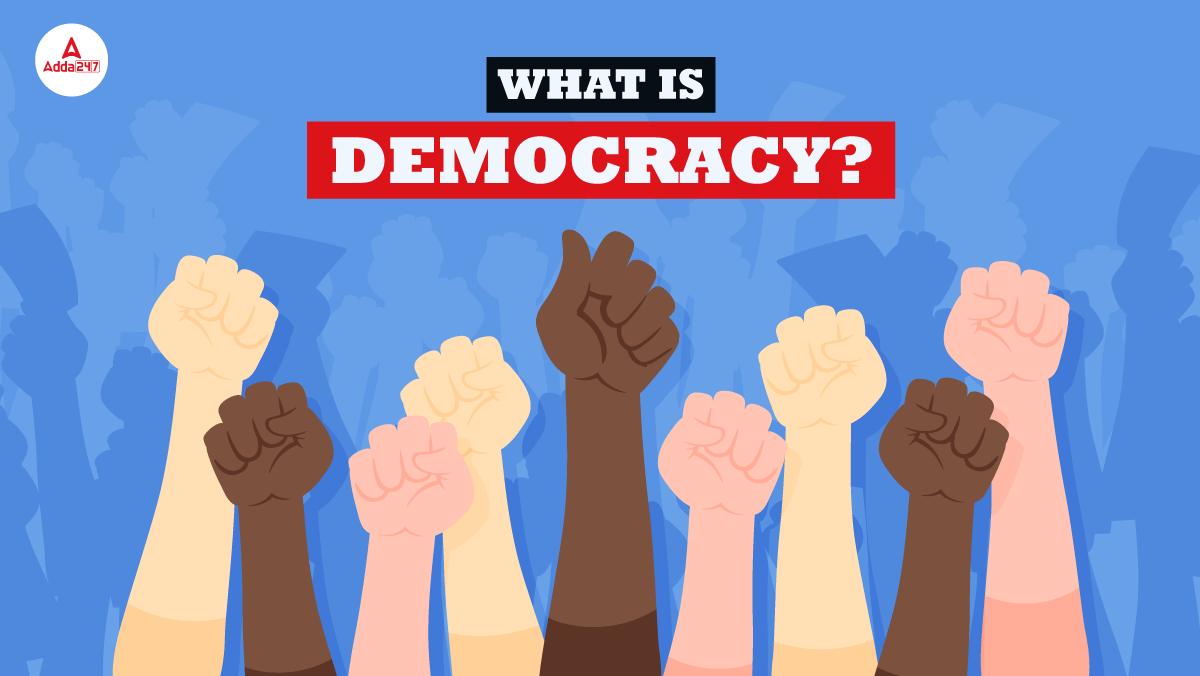Table of Contents
Democracy stands as one of the most revered forms of governance, symbolizing the rule of the people by the people. It is a system that empowers citizens, ensuring their voices are heard and their rights protected. In the context of legal frameworks, democracy is not just a political ideal but a fundamental principle embedded in Constitutions and upheld by judicial systems. This article delves into the concept of democracy, examining its definition, Constitutional underpinnings, key judicial interpretations, and its broader impact on society.
What is Democracy?
Democracy, derived from the Greek words “demos” (people) and “kratos” (power or rule), signifies a system of government where the authority lies with the people. In a democracy, citizens exercise their power either directly or through elected representatives, ensuring that the government remains accountable and responsive to their needs. The essence of democracy lies in its promotion of individual freedoms, equality, and the protection of human rights, creating a framework where citizens can participate freely in the political process, express their opinions, and elect their leaders without fear of retribution.
Constitutional Foundations of Democracy
The Indian Constitution is infused with democratic principles. Declaring India a “Sovereign Socialist Secular Democratic Republic,” the Preamble emphasizes democracy as an essential principle. Several constitutional clauses that protect individual rights and guarantee the government’s answerability to the people reinforce this democratic core.
- Article 19 of the Indian Constitution guarantees the freedom of speech and expression, a cornerstone of any democratic system. This right allows citizens to voice their opinions, criticize government actions, and participate actively in the democratic process.
- Article 21, which guarantees the right to life and personal liberty, has been expansively interpreted by the Indian Judiciary to include the right to live with dignity. This interpretation underscores the importance of respecting and protecting individual rights within a democratic framework, ensuring that the government upholds the rule of law and the principles of justice.
Judicial Interpretations Upholding Democracy
The Indian Judiciary has played a pivotal role in safeguarding democracy, often stepping in to protect democratic principles when they are under threat. One of the most landmark cases in this regard is Kesavananda Bharati v. State of Kerala (1973). In this case, the Supreme Court of India introduced the “Basic Structure Doctrine,” ruling that certain fundamental aspects of the Constitution, including democracy, cannot be altered by any amendment. This judgment established the inviolability of democratic principles, ensuring that democracy remains a permanent and unchangeable feature of the Indian Constitution.
Another crucial case is Indira Nehru Gandhi v. Raj Narain (1975), where the Supreme Court struck down the 39th Constitutional Amendment that sought to exempt the election of the Prime Minister from judicial review. The Court held that this amendment violated the basic structure of the Constitution, particularly the principles of democracy and the rule of law. This judgment reinforced the judiciary’s role in preserving democratic processes and preventing the concentration of power.
The Significance and Challenges of Democracy
However, democracy also faces significant challenges. The decision-making process in a democracy can be slow, as it requires extensive consultation and compromise. This can lead to delays in policy implementation and governance. Additionally, political polarization, voter apathy, and the potential for corruption are inherent risks in any democratic system. The principle of majority rule, while fundamental to democracy, can sometimes result in the marginalization of minority groups, making it essential for democratic systems to have robust mechanisms to protect minority rights.
Conclusion
In conclusion, democracy is a complex and dynamic system of governance that serves as a foundation for modern societies. It is deeply embedded in the constitutional framework of India and has been vigorously protected by the judiciary. Despite its challenges, democracy remains a cornerstone of governance, promoting individual rights, social equality, and economic growth. The strength of democracy lies in its ability to adapt and evolve while ensuring that the government remains accountable to the people. As we continue to uphold and strengthen democratic institutions, it is crucial to address the challenges they face, ensuring that democracy remains effective, inclusive, and responsive to the needs of all citizens.



 TSPSC Group 1 Question Paper 2024, Downl...
TSPSC Group 1 Question Paper 2024, Downl...
 TSPSC Group 1 Answer key 2024 Out, Downl...
TSPSC Group 1 Answer key 2024 Out, Downl...
 UPSC Prelims 2024 Question Paper, Downlo...
UPSC Prelims 2024 Question Paper, Downlo...





